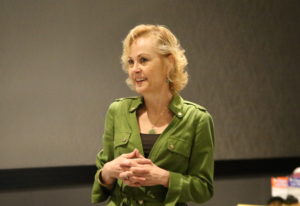
Lori Oczkus
Building Better Readers: Lori Oczkus and Reciprocal Teaching
When it comes to reading, comprehension is everything. And yet, many students struggle to really understand the texts they read.
Reciprocal Teaching is a powerful reading strategy that supercharges students’ comprehension and engagement with their reading.
Watch our interview with Lori Oczkus, author of “Reciprocal Teaching At Work,” as she explains this interactive discussion technique and the rich benefits to be had by students and teachers alike.
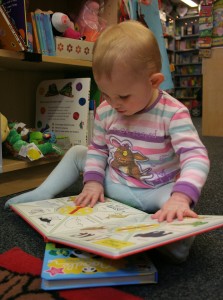
Research Beat: Read to Babies Now for Better Literacy Skills Later
For years, researchers have known that children who are read to have a larger vocabulary and better early language skills than children who are not read to.
Studies have shown that up to 98 percent of the words children know by the age of three come from the words their parents or caregivers use in the home.
Though it’s known children develop better language skills when they’re read to and have a jump start on developing literacy skills they will need once they enter school, every year, more than 1 in 3 students entering American schools do not have the language skills they need to master reading.
To help close that gap, in 2014 the American Academy of Pediatrics issued a policy statement, calling for all pediatricians, nationwide, to discuss with parents the importance of reading to their children. In addition, the policy calls for doctors to provide books to low income and at-risk families, to help encourage reading in the home.
Read more about this study from the University of Iowa, which found that babies in their first year display more speech-like sounds while they’re being read to versus other forms of play like puppets or toys.
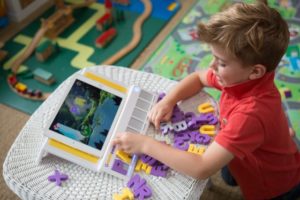
What are the differences between print and digital reading?
Keys to Reading: Digital vs. Print
As the Internet, ebooks and digital reading materials have become more accessible, schools and libraries across the country have assumed that younger readers, having grown up in the digital age, simply prefer an online reading experience to traditional books.
In turn, this assumption has driven spending and resource allocation in many school districts. But do children really prefer reading ebooks over good old paper ones?
With this drive toward all things digital, some interesting data has emerged, including the benefits of reading from paper instead of a screen.
The Journal takes a look at the emerging data suggesting that many prefer print.
Q&A with Dr. Marcia Henry
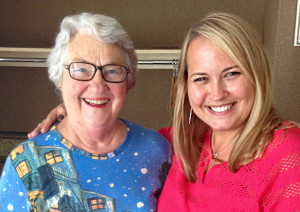
Dr. Marcia Henry (left) and IMSE Instructor Janice Kohler.
For more than 40 years, Dr. Marcia Henry has worked in the fields of reading and dyslexia as a tutor, diagnostician, professor and author.
Her 2003 book, “Unlocking Literacy: Effective Decoding and Spelling Instruction,” is considered a key text for teachers seeking a systematized, effective method of reading and spelling instruction and focuses on morphemic awareness, letter-sound correspondences and syllable patterns.
She is also one of the nation’s foremost experts on Dr. Samuel T. Orton and his landmark work in the early 1900s with dyslexics first at the University of Iowa and later with educators Anna Gillingham and Bessie Stillman at Columbia University in New York. She is the author of “Dyslexia: Samuel T. Orton and His Legacy.”
The IMSE Journal talks to one of the country’s leading experts on reading instruction and dyslexia, Dr. Marcia Henry.
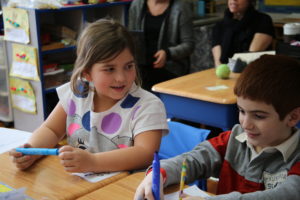
How has the increased use of technology changed the way children learn?
Reading in the Digital Age
With the nearly-universal availability of the internet, reading has changed dramatically in the last twenty-plus years to become a non-linear, multimedia-rich experience.
But what does that mean for the quality of comprehension and the skill of ‘deep reading?’
Roughly 25 years ago, the internet became widely available to the general public. Originally created in the late-60s as a tool for government and academic computers to communicate, today the internet has grown to become a permanent fixture in the everyday lives of most people.
We talk to the experts about how technology’s place in the classroom and in culture has changed the way we teach, and learn.
Get more information on how the Institute for Multi-Sensory Education’s Orton-Gillingham training is transforming the lives of young people across the country through literacy here.
